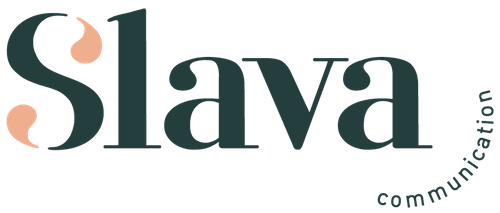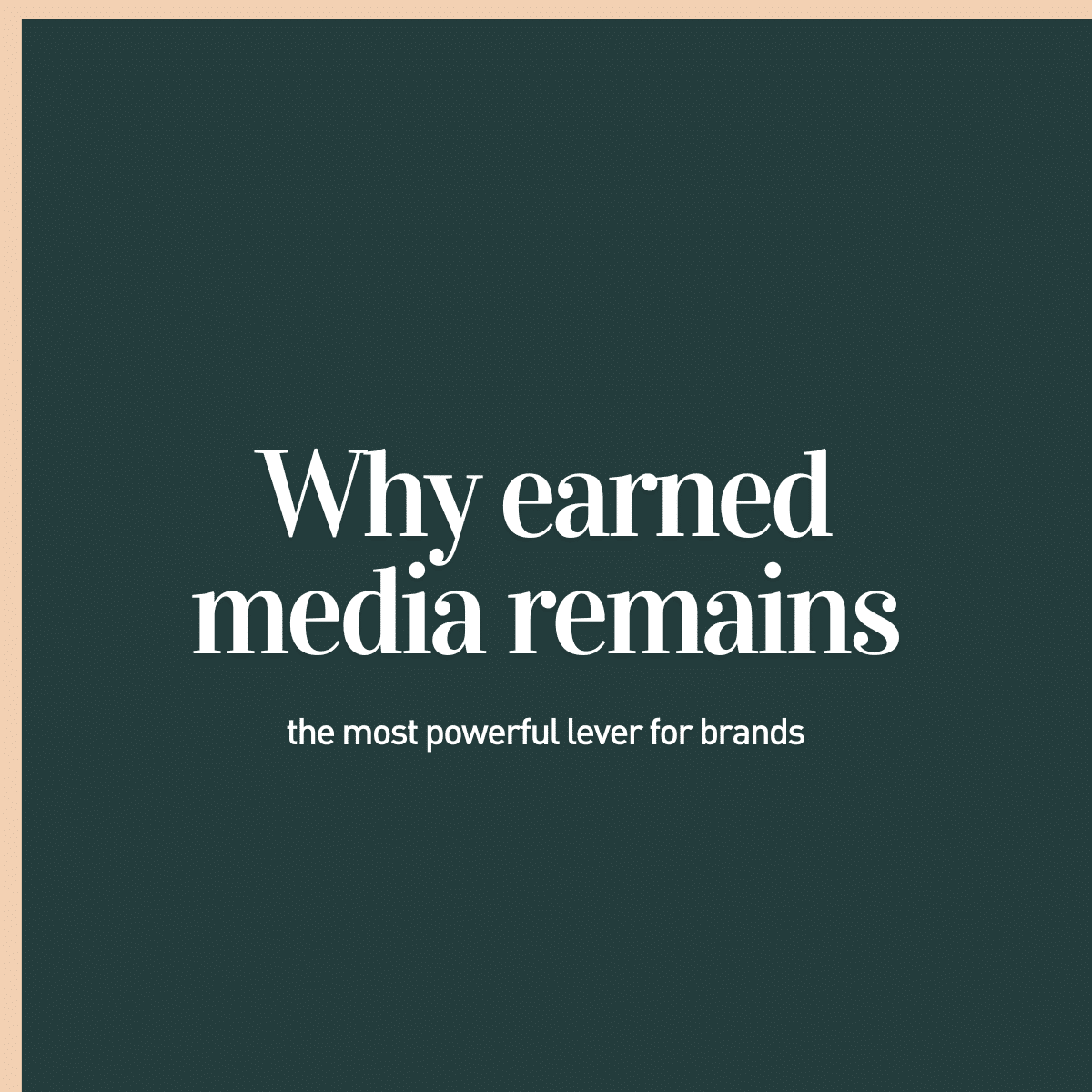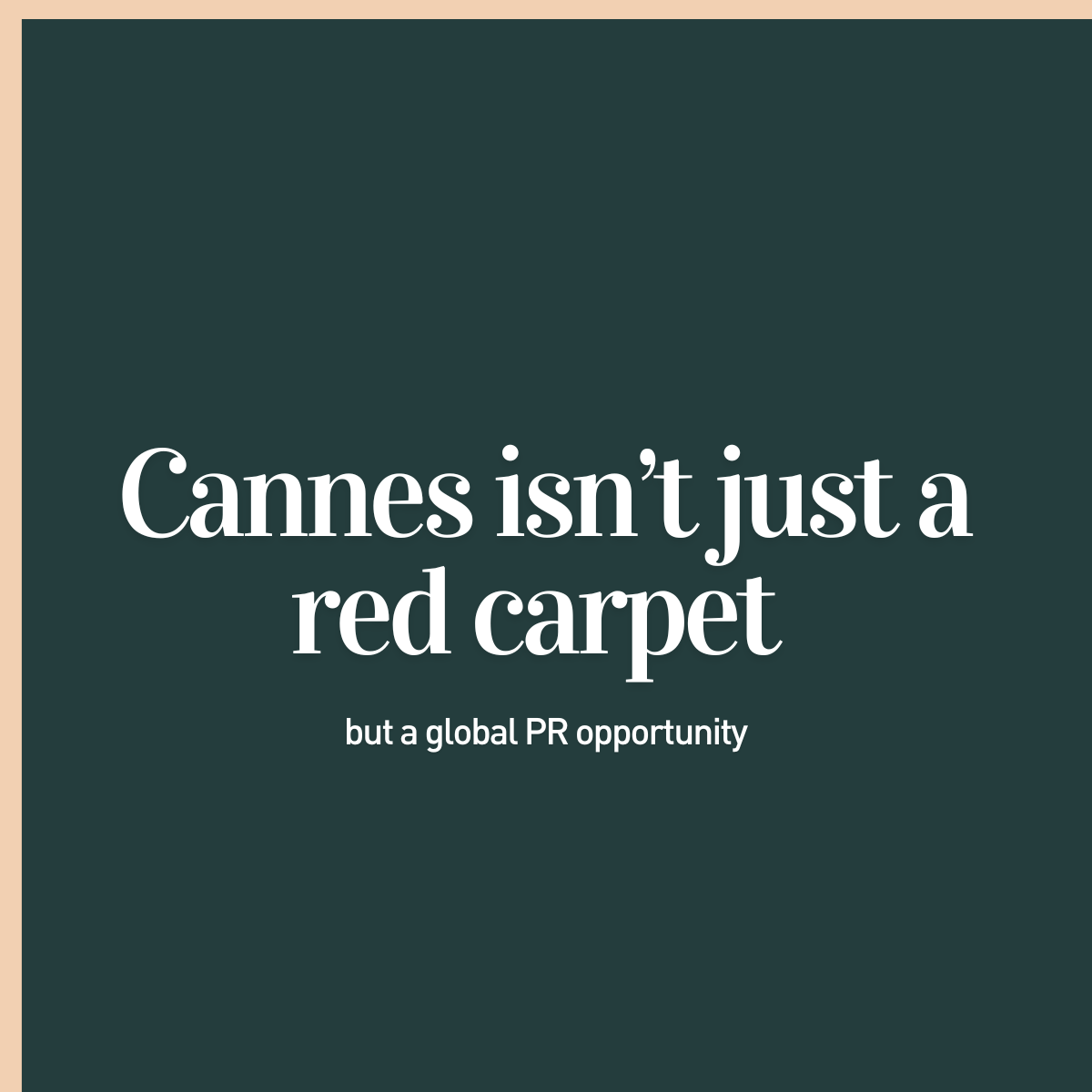
The race to conquer the luxury beauty market
The luxury beauty market is booming, and some big names have taken note. From new marketing strategies to internal reshuffles, as well as the launch of beauty lines from famous luxury houses, 2023 looks set to be dominated by fierce competition for a slice of the luxury cosmetics cake.
Armani Beauty created a buzz in February this year with the announcement of its latest group of ambassadors, including stars from hit TV shows such as Euphoria and Riverdale. The significance behind this move is clear. The high-end luxury brand is looking to appeal to a whole new Gen Z demographic, with a move away from traditional supermodels and celebrities. It also heralds a new approach from the brand, with a clear statement that they are favouring diversity and inclusivity, a prime concern of a younger target market. Armani is counting on staying ahead of the competition by winning over a new generation of loyal consumers.
At the same time that Armani was launching its new campaign, the luxury beauty market was also thrown into a frenzy with the news that French luxury group Kering would be entering the cosmetics business. In early February it was announced that they would be creating a cosmetics and perfume division in order to develop lines for their brands including Balenciaga and Alexander McQueen. With the appointment of Raffaella Cornaggia, a former executive at rival company, Estée Lauder, Kering has made it clear that they mean business.
With the luxury beauty market accounting for an estimated revenue of 62.3 billion US dollars in 2022, a figure which is expected to grow to around 87 billion US dollars by 2028, it comes as no surprise that the high-end beauty and fashion houses are choosing to expand their activity in the sector, or dip their toes into the market.
Kering’s announcement was followed hot on the heels by the news that LVMH was reshuffling its beauty C-Suite. Included in the large number of internal promotions was the appointment of Stéphane Rinderknech as CEO of its beauty division. In his new role, Rinderknech will be responsible for all of the group’s beauty operations, which include the luxury lines of Parfums Christian Dior, Guerlain, Maison Francis Kurkdjian, Kendo and 11 other brands. This internal reshuffle follows LMVH’s overall revenue growth of 23% to $82.6 billion for 2022. However, its cosmetics division underperformed in comparison. With its recent launch of Stella McCartney Beauty in 2022, LMVH is looking to make waves within the high-end beauty sector.
With fears of a global recession never far from the horizon following the pandemic and the war in Ukraine, luxury brands might well be betting on beauty to charter them through rough waters. As UK retail influencer and trend forecaster Wizz Selvey notes, “Beauty has been shown to buck the trend through recessions, with the ‘lipstick effect’ showing true during many different periods of economic uncertainty.” A clear advantage for established luxury brands launching their own beauty line is that they already have a loyal customer base to sell to. Beauty products also carry a lower price tag, thereby attracting an aspiring consumer who is as yet unable to afford their fashion items.
What’s in store for 2023?
With fierce competition set against the prospect of an economic downturn, innovation as well as online and offline marketing will be key to winning the luxury cosmetics war. The rise of “phygital” marketing will play an important role in winning over consumers, offering a seamless blend of physical and digital options to customers. Sephora, which saw a “record performance” in 2022, offers the perfect example of how such technology can help to grow a beauty brand’s reach and customer spend. Its “Beauty TIP Workshop” concept stores in the US combine a physical store with a virtual reality beauty lab where customers can try out virtual makeup and receive personalised recommendations from its beauty advisors.
Luxury beauty brands therefore need to invest heavily, not only in product innovation, but in digital innovations that will transform the consumer experience. While digital is not the traditional realm of the luxury houses, they are catching up fast, and developing high-performing AI and VR tools to bolster their share of the market.
With the luxury cosmetics market already seeing intense activity in the first quarter of 2023, the competition only looks set to intensify. Watch this space to see how other big-name brands react to the challenge that has been laid down by Armani, LMVH, Kering & co. Whatever the developments in store, luxury beauty looks set to be on everyone’s lips this year.






Leave a comment: